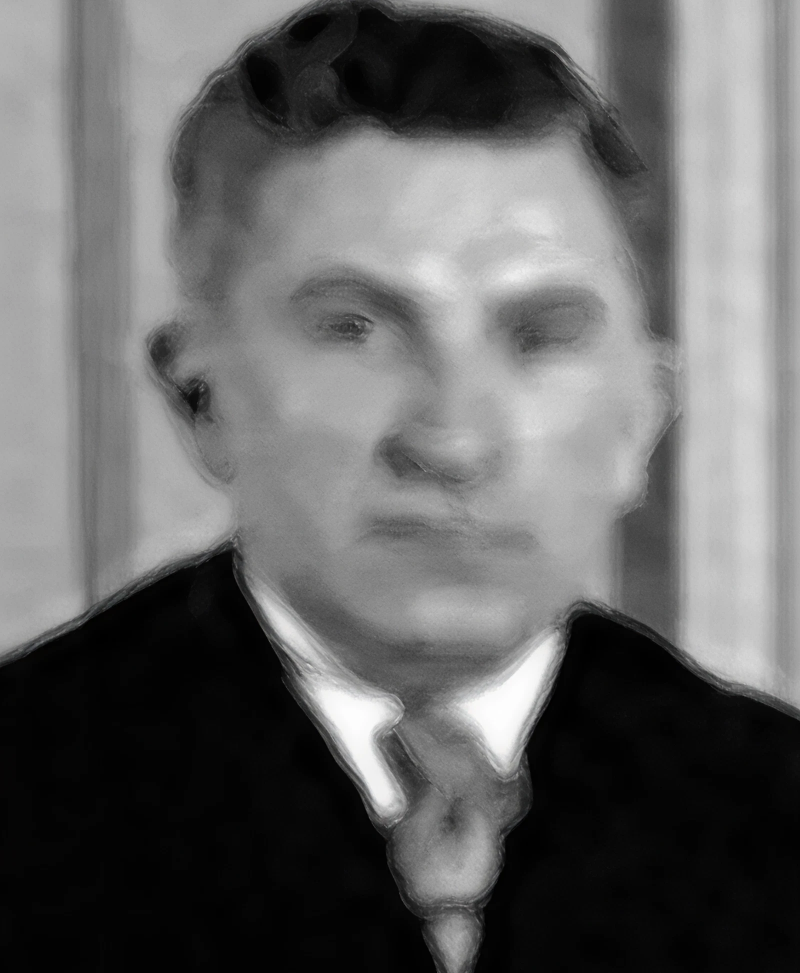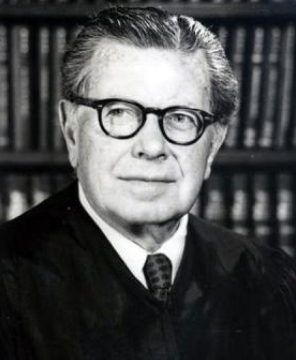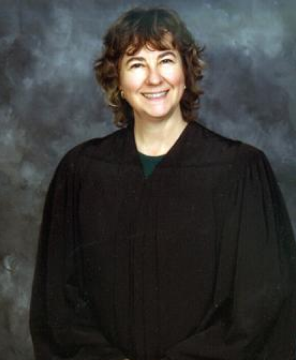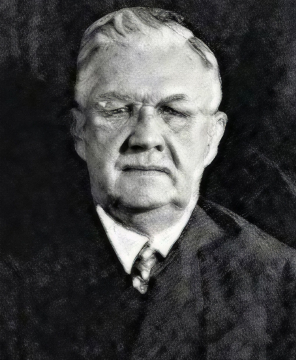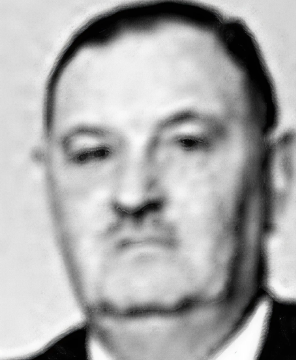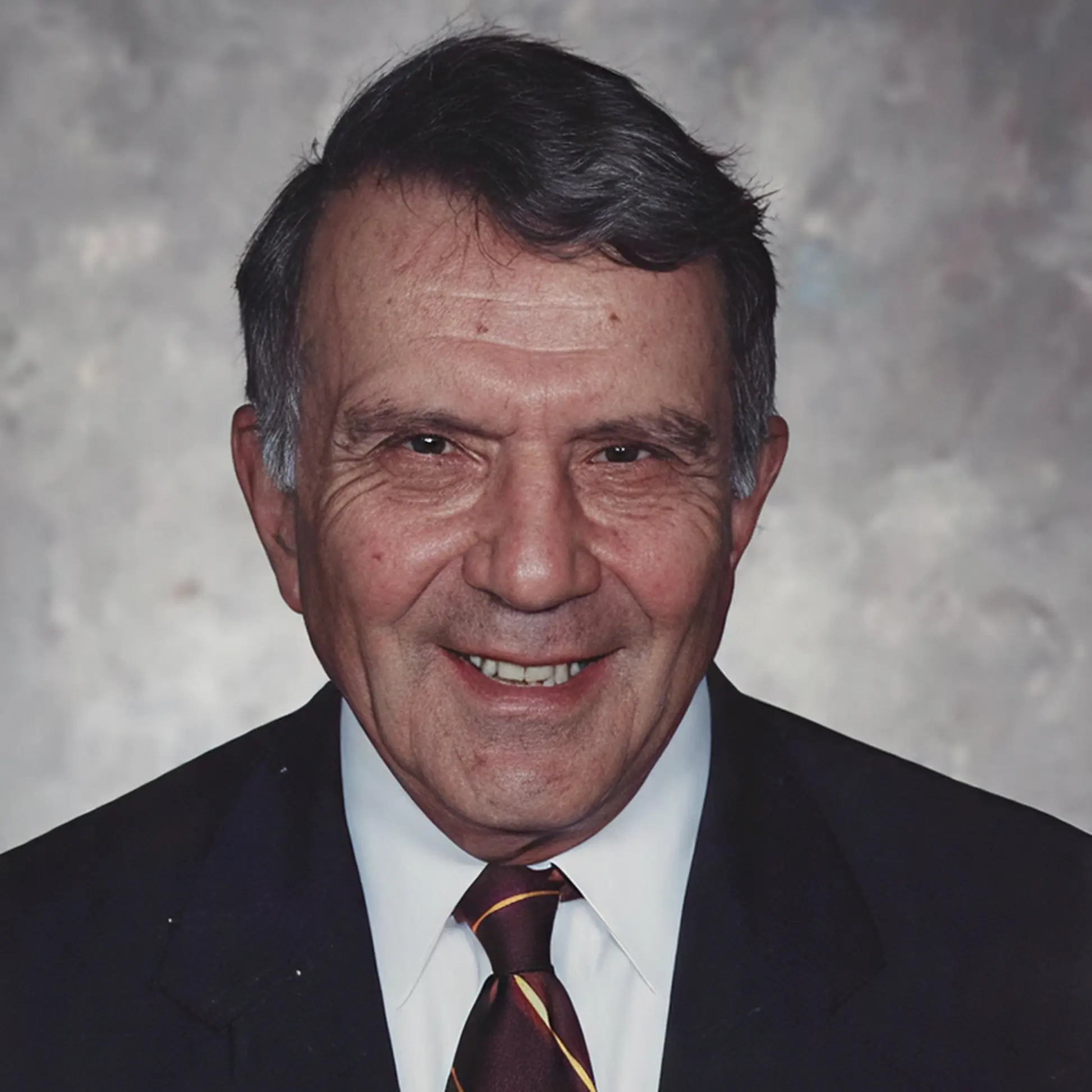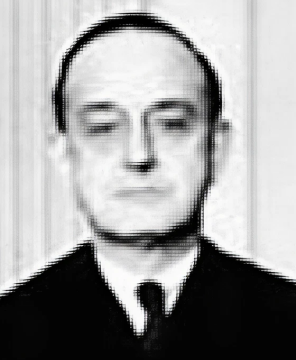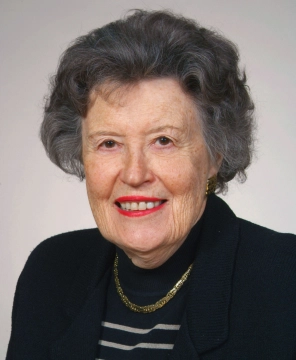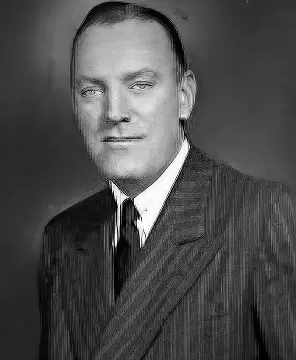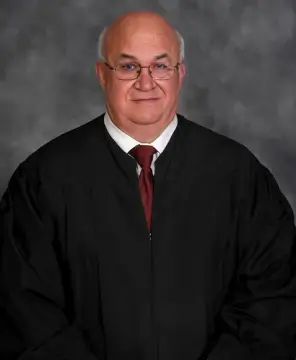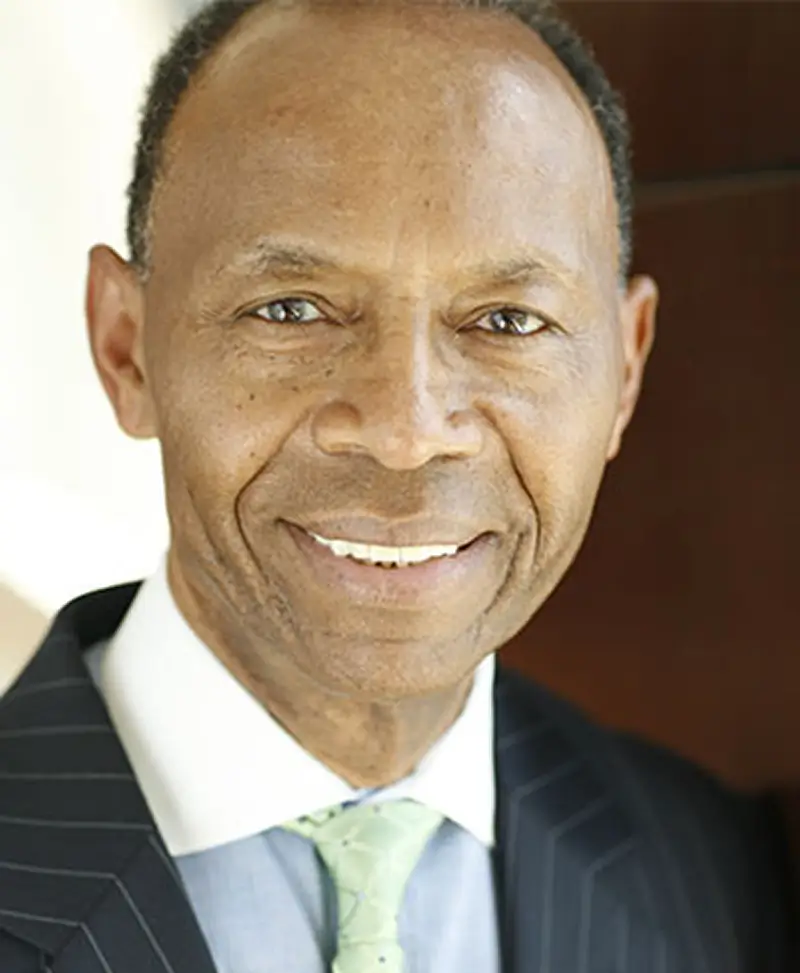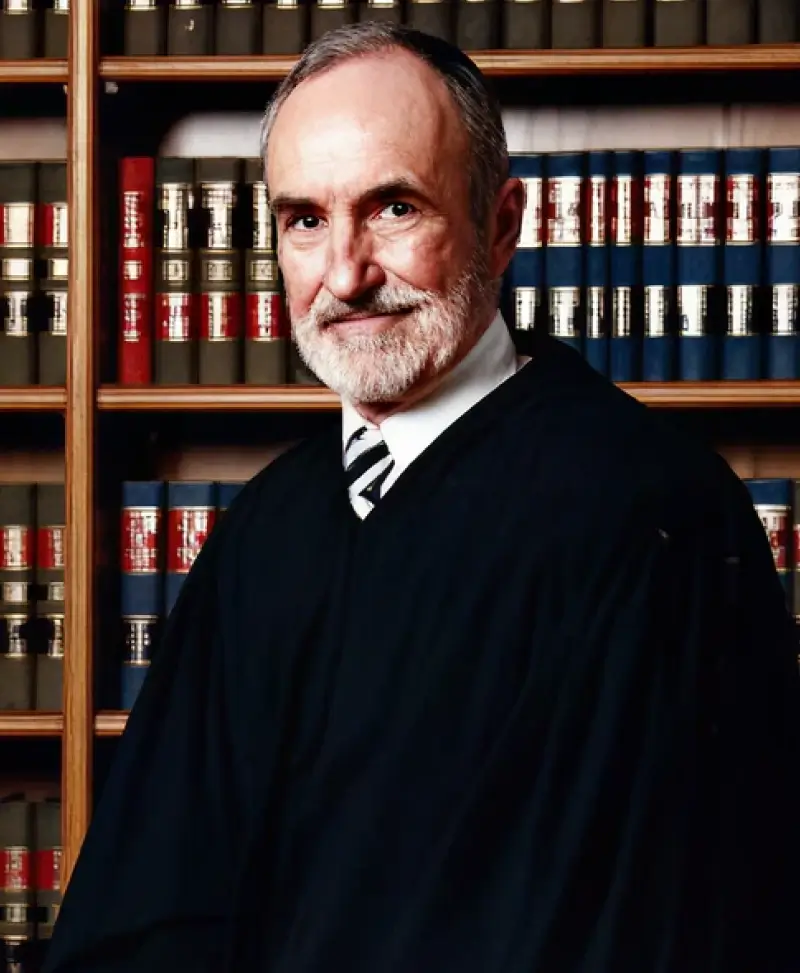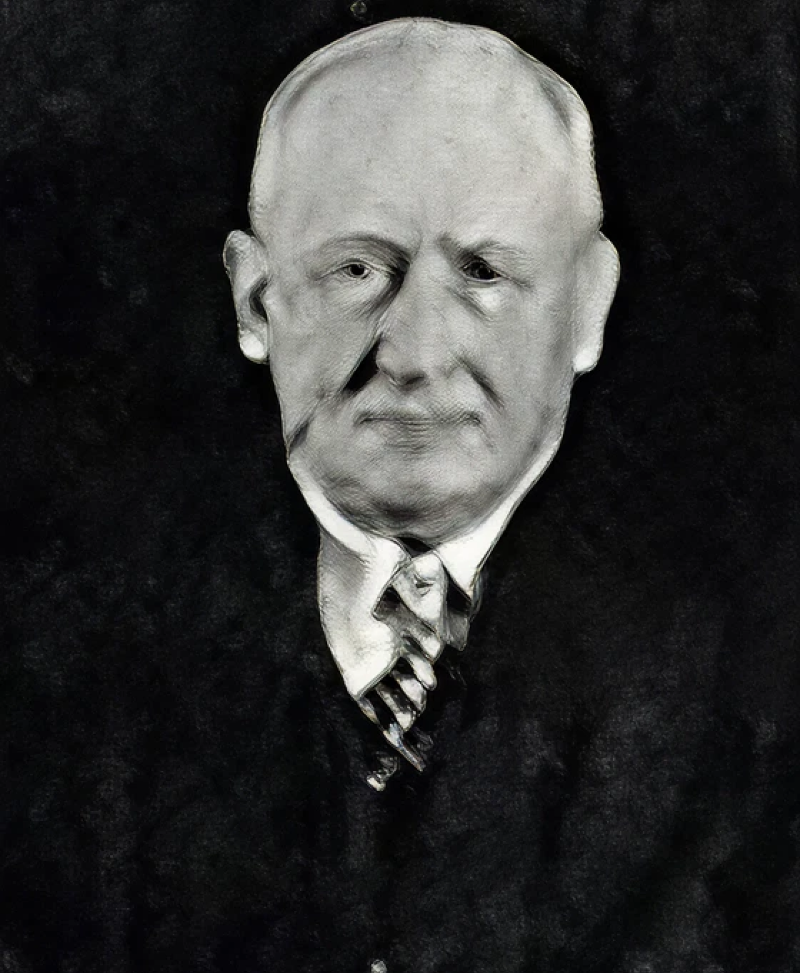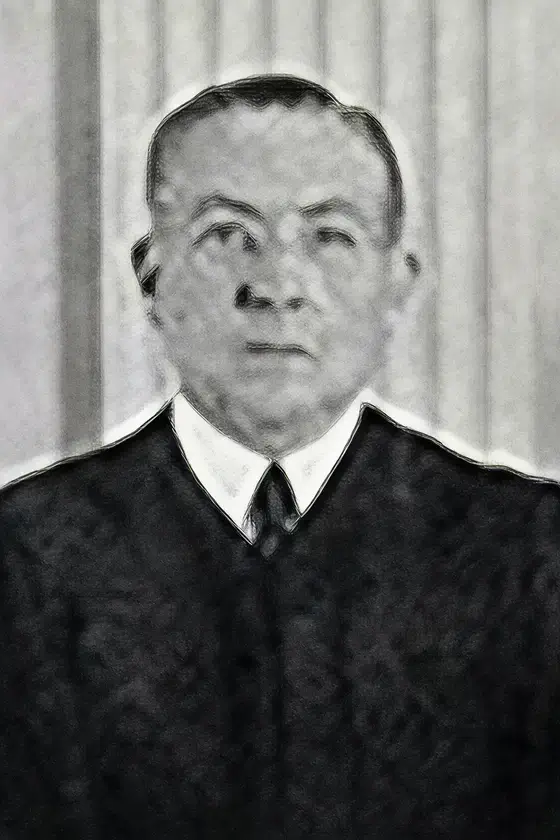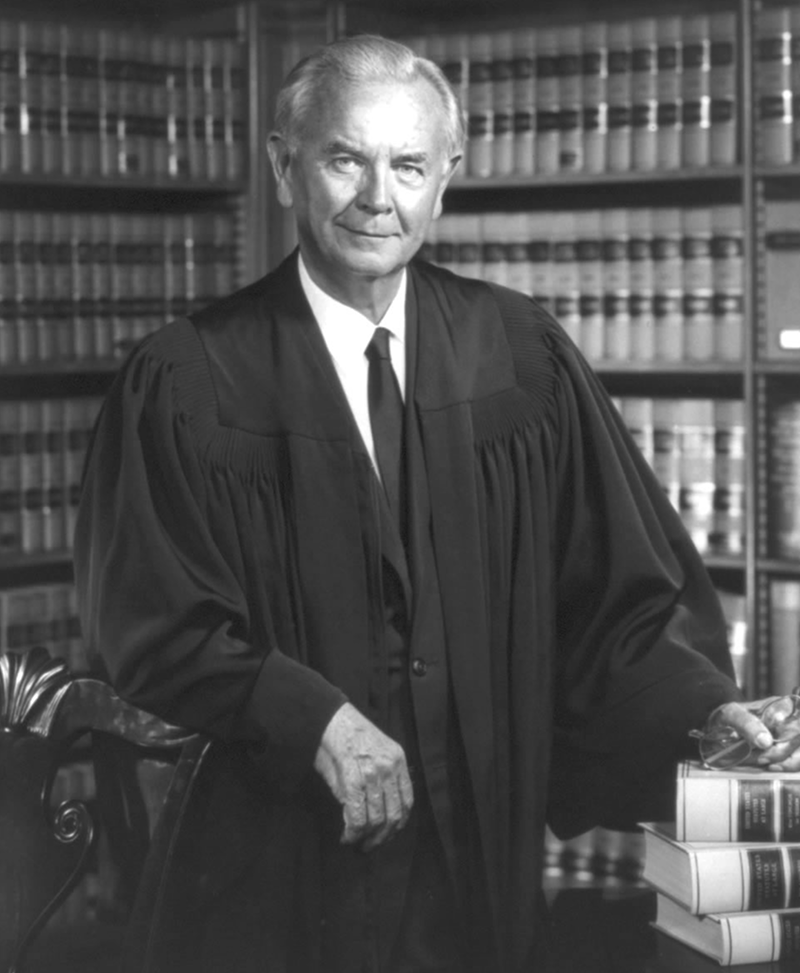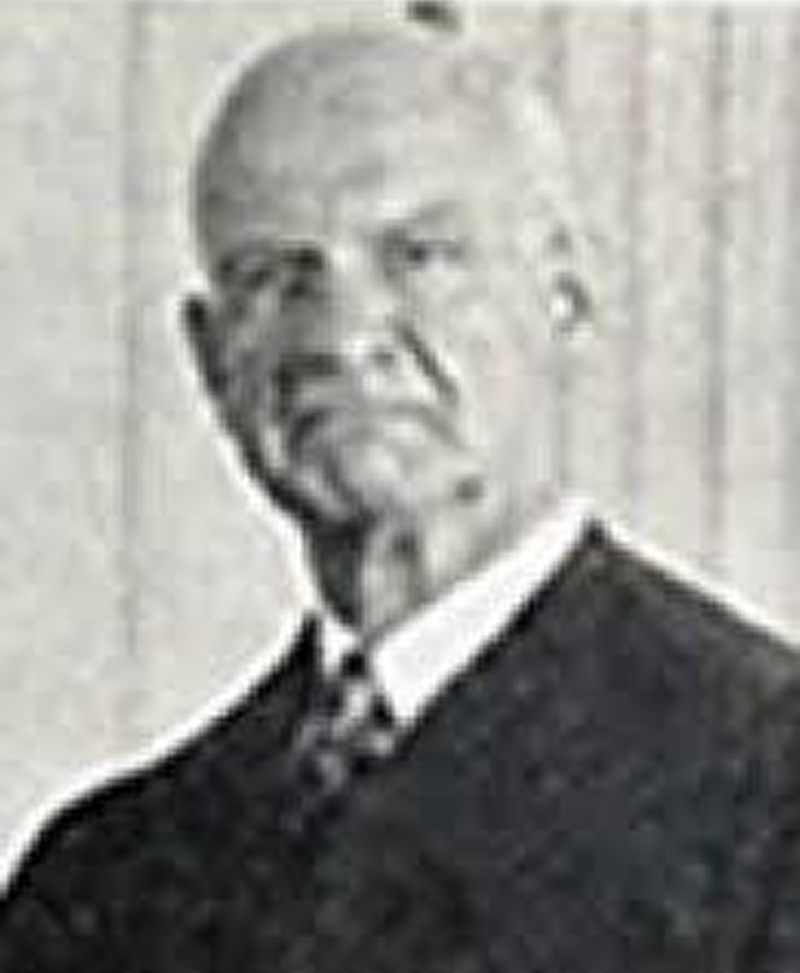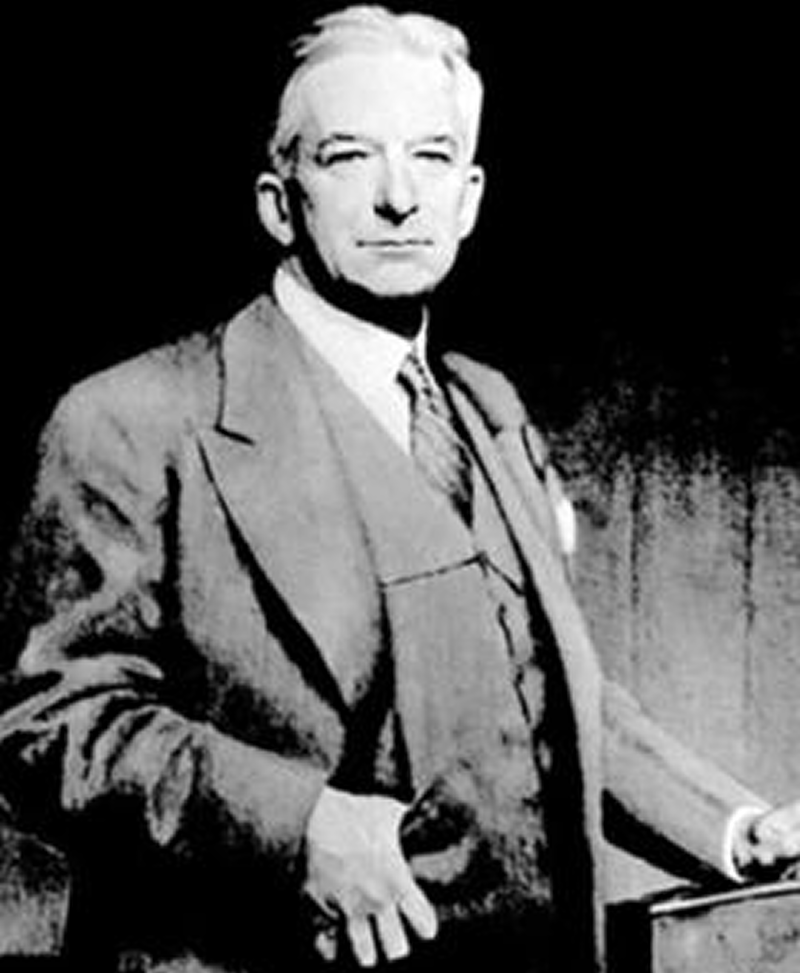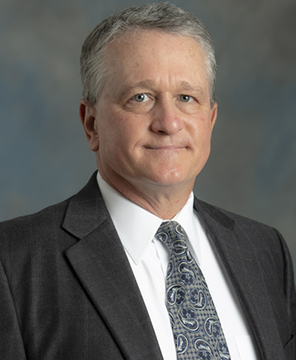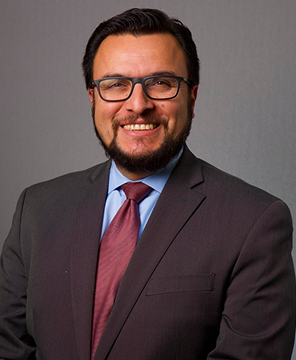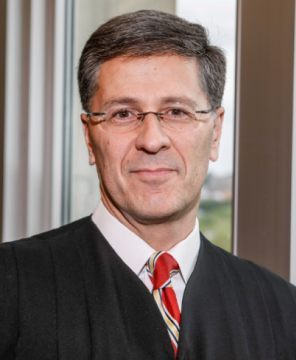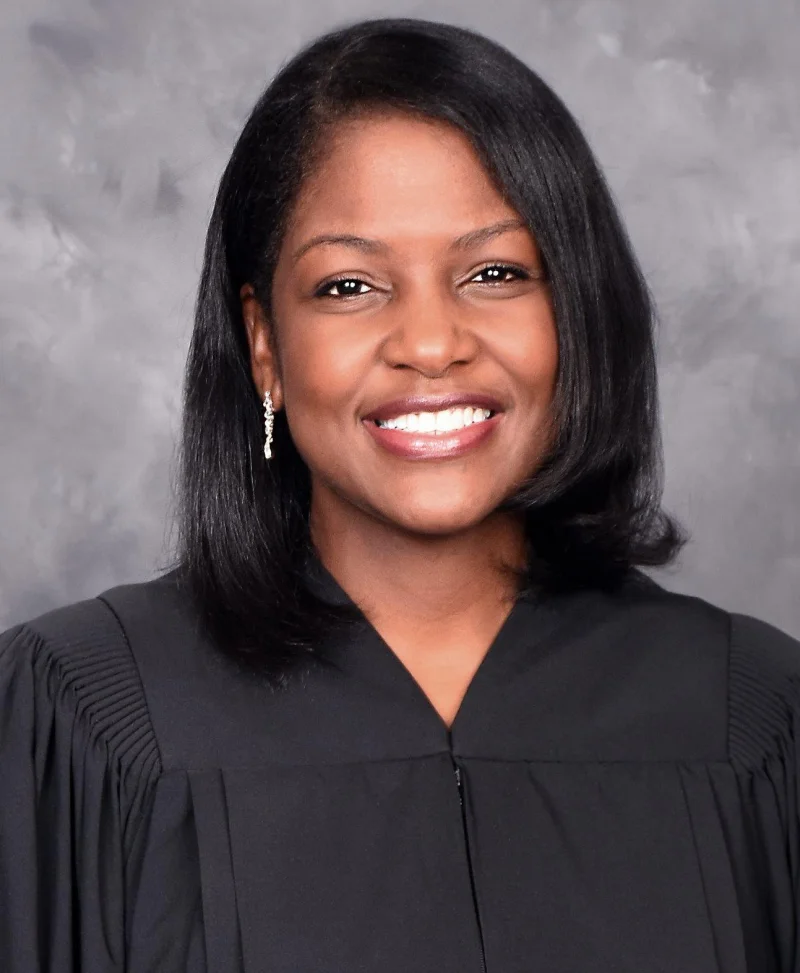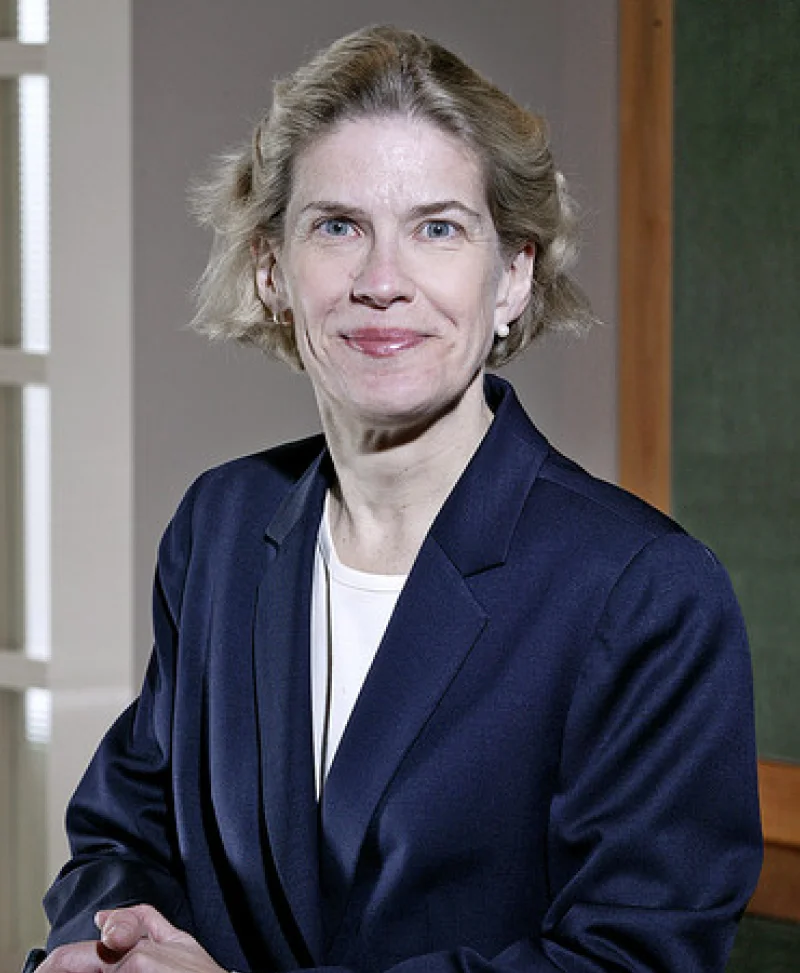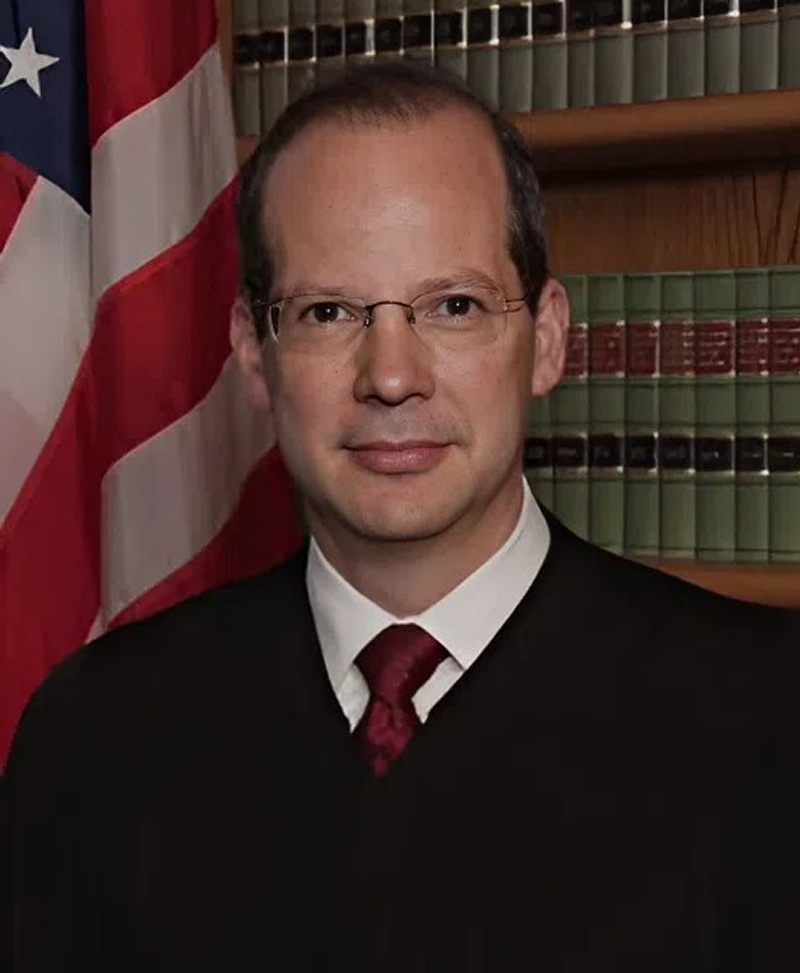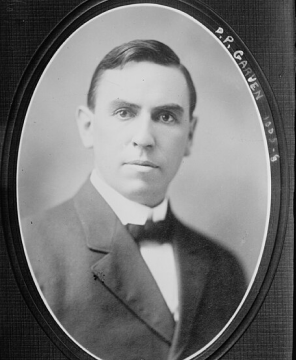
Pierre Garven
- Princeton University (B.A., 1948);
- New York University School of Law (LL.B., 1951)
Chief Justice Pierre Garven
Overview
Pierre Garven became Chief Justice of the New Jersey Supreme Court following the retirement of Chief Justice Weintraub in 1973. A respected jurist and skilled administrator, Garven prioritized improving court practice, procedure, and judicial administration. Sadly, his tenure was cut short when he died of a stroke just 46 days after his appointment, at the age of 47.
Early Life and Education
Born in Bayonne in 1925, Garven was the son of Pierre P. Garven, a four-term mayor of Bayonne. During World War II, he interrupted his studies at Princeton University to serve as a bombardier in the Army Air Corps. After the war, he returned to Princeton, graduating in 1948, and earned his law degree from NYU Law School in 1951.
Legal and Political Career
Garven was admitted to the New Jersey Bar in 1952 and began his career as an Assistant U.S. Attorney in 1954. From 1956 to 1968, he practiced law in Hackensack before serving as Clerk to the General Assembly and Bergen County Counsel.
He was later appointed to the Bergen County Court by Governor Richard J. Hughes. Under Governor William T. Cahill, Garven became Counsel to the Governor, known for his administrative acumen and integrity. Those who knew him described him as quiet, thoughtful, and deeply respected—a “judge’s judge.”
Supreme Court Tenure
Governor Cahill appointed Garven to the New Jersey Supreme Court as Associate Justice in March 1973, and later that year elevated him to Chief Justice, making him the youngest Chief Justice to serve under the 1947 Constitution.
Though his time on the bench was brief, Garven joined in 10 unanimous opinions and focused on judicial reform and efficiency.
Vision and Reforms
In his landmark September 1973 address to the New Jersey Judiciary, Chief Justice Garven called for a unified Superior Court, the creation of a Family Court, and reforms to criminal and civil procedures. He emphasized speedy trials, effective plea bargaining, and streamlined case management, advocating for a judiciary that was “fair, expedient, and economical.”
He also established the Civil Practice and Criminal Practice Committees, as well as the Fund for Client Protection, laying the groundwork for modern judicial administration in New Jersey.
Death and Legacy
Chief Justice Garven died on October 19, 1973, only seven weeks after taking office. He was survived by his wife, Sandra, and their five children.
Despite his short tenure, his administrative initiatives transformed the state’s court system, reinforcing the importance of professionalism, structure, and accountability in judicial governance.

